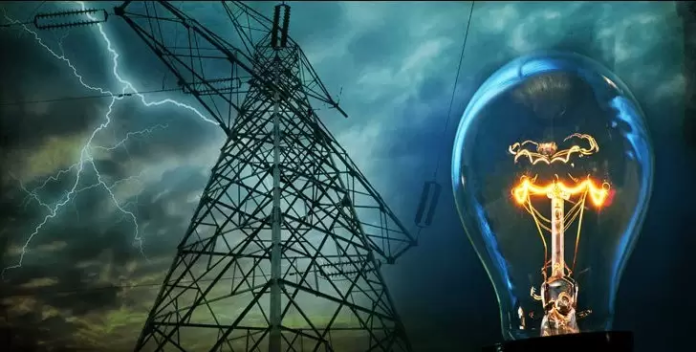- Major rise in electricity is anticipated to take effect on July 1.
- On Monday, Nepra will hold a public hearing on the government’s request.
- Only 45% of consumers would be impacted, according to the government.
ISLAMABAD: On Saturday, the federal cabinet approved a major rise in electricity prices up to Rs7.50 per unit, against the power regulator’s finding of a nationwide average tariff of Rs4.96.
The cabinet approved via circulating summary, and a request has been made to the National Electric Power Regulatory Authority (Nepra).
Rashid Mahmood Langrial, the federal secretary of energy, claimed that the rise will not affect 55% of electricity users.
| Consumer categories | Increase |
| Using up to 100 units | Rs3.0 |
| Those using 101-200 units | Rs4.0 |
| Those using 201-300 units | Rs5.0 |
| Those using 301-400 units | Rs6.5 |
| Those using 401-700 units | Rs7.5 |
The regulator increased the tariff last week in an effort to boost revenue collection for the current fiscal year’s loss-making power distribution companies (Discos).
ANNOUNCMENT ON 1ST JULY
The increase will officially be announced by the Nepra on July 1 following a public hearing.
The federal government requested clearance from the cabinet and used cross-subsidy to adjust different rates of increases for different consumer categories without changing the overall revenue need.
The revised national average pricing for the 2023–24 fiscal year has been set at Rs. 29.78 per unit kWh, which is Rs. 4.96 per unit more than the previously established national average tariff of Rs. 24.82, according to a Nepra statement.
Although the regulator gave reasons for the increase, including the devaluation of the rupee, high inflation and interest rates, the addition of new capacity, and generally weak sales growth. It was actually raised to satisfy the International Monetary Fund’s (IMF) requirement that structural reforms be implemented in energy sector.
However, after adding in surcharges, taxes, fees, and levies in addition to monthly and quarterly modifications. The applicable tariff would be significantly higher.

